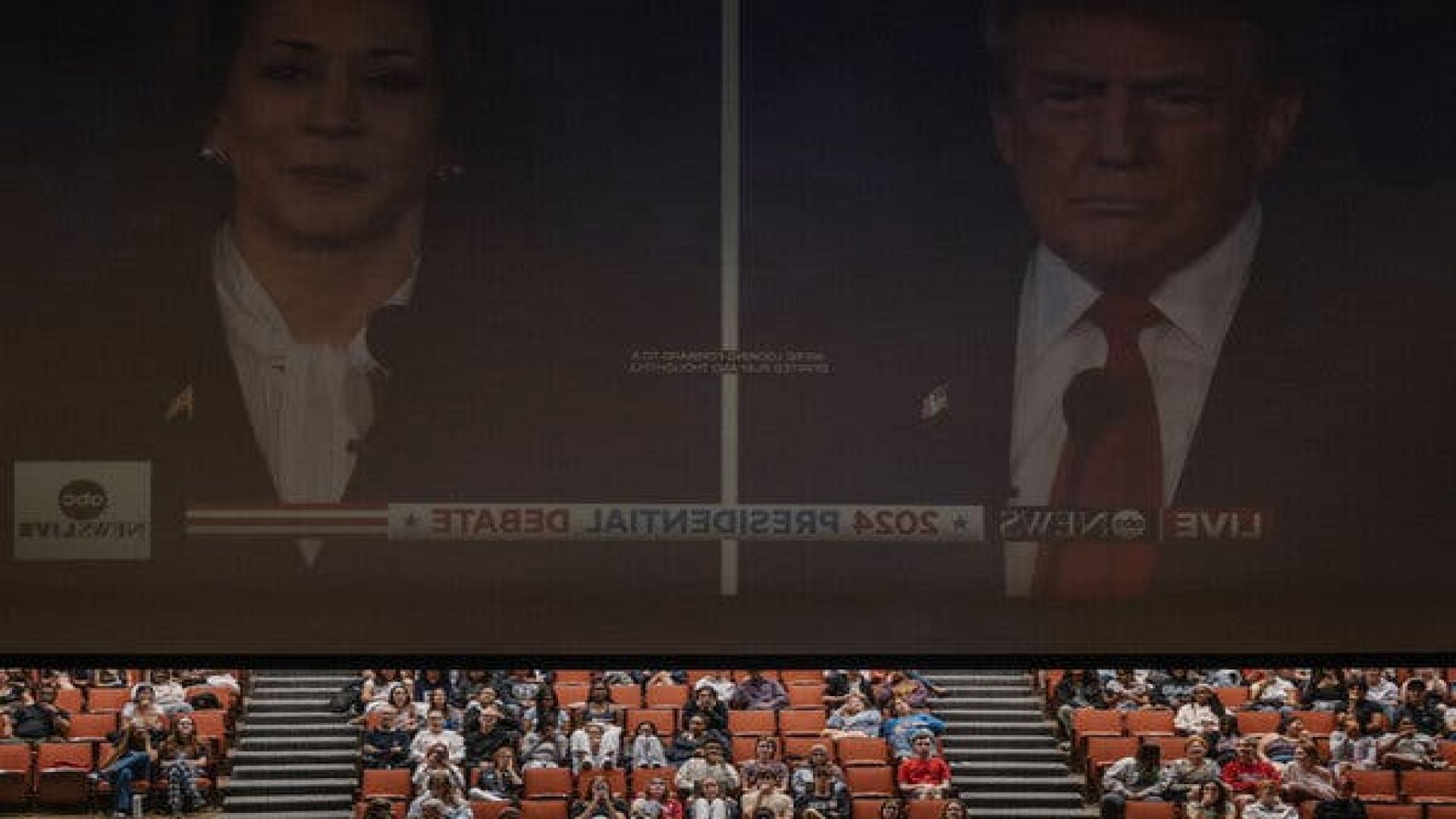Emily Brieve, a Republican county commissioner in Michigan, has shifted her political stance since voting for Donald Trump in 2020, expressing concern over the increasingly "extreme" individuals surrounding him, including his running mate, Senator JD Vance. In an interview, she indicated her disapproval of Trump and stated she would never vote for him again, despite having previously aligned with the Republican Party. This change reflects a broader trend among center-right voters grappling with their loyalties in a deeply polarized political landscape. Brieve represents a crucial segment of undecided voters who have ruled out Trump but remain unsure about supporting Vice President Kamala Harris, reflecting the complexities faced by many moderate Republicans. With the Democratic Party aiming to attract these voters—especially college-educated suburbanites disillusioned with Trump's approach—the election dynamics are shifting. Interviews with former Republican officials and voters reveal a nuanced perspective: while many acknowledge their discomfort with Trump, they also express unease with Harris, particularly due to her past progressive positions during the 2020 primary.
Recent polling indicates that nearly half of likely voters consider Harris too liberal, yet Trump struggles even more with white college graduates, a demographic that had historically leaned Republican. Despite limited data on the anti-Trump, right-leaning voter demographic, the Harris campaign seeks to engage these individuals through events and outreach, attempting to capitalize on Trump's declining popularity among moderate voters. As the campaign progresses, challenges remain. Many former Trump supporters express frustration over Harris's unclear policy positions and her perceived liberalism. This dilemma was evident in the experience of voters like Juliana Bergeron, who, despite being appalled by Trump’s actions, found it difficult to support Harris due to her past stances. Others, like Gretchen Wolfe, wrestle with loyalty to their party while grappling with the implications of voting for a candidate who may not align with their values. Due to this, the upcoming election represents not just a contest between candidates but a struggle for moderate voters disenchanted with the current political climate. The choices these voters make, who may decide to abstain from voting altogether, could ultimately impact the election's outcome in a landscape characterized by deep division and uncertainty.


